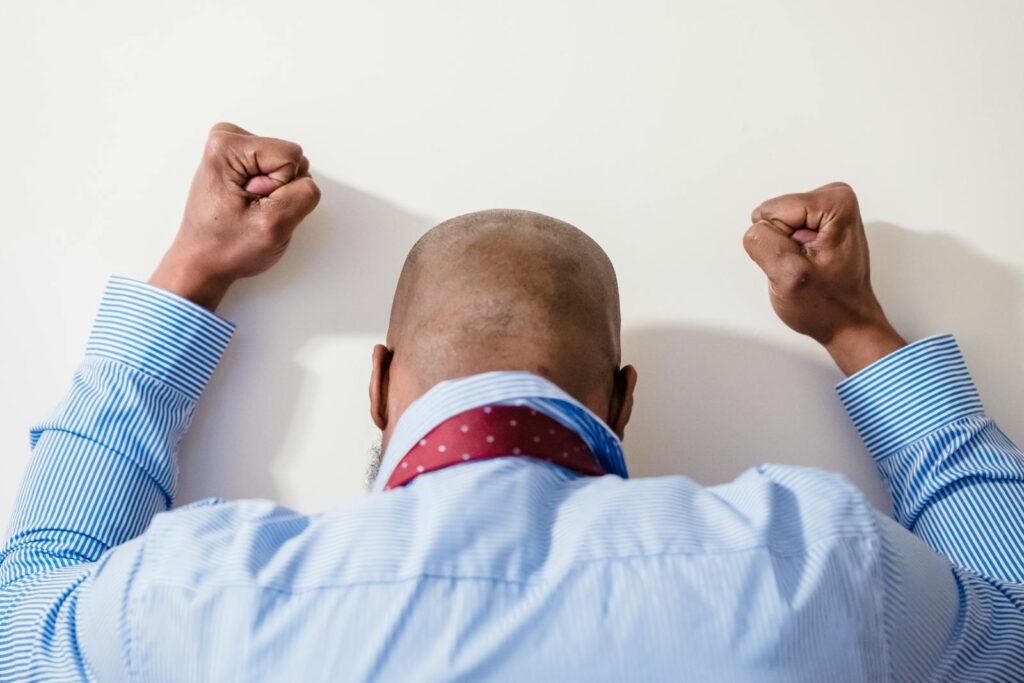Lifestyle
15 Habits You Don’t Realize Are Driving People Crazy

Some habits creep into everyday life without us even noticing. They’re not always loud or obviously rude—sometimes, they’re just small behaviors that quietly push people away. You don’t intend to annoy anyone, but over time, these little actions wear down patience, stir discomfort, or send the wrong signals. If you’ve ever wondered why people seem drained after a conversation with you, one of these habits might be the reason.
Interrupting mid-sentence.

Cutting someone off while they’re still talking might feel like excitement, but it often sends a message that what they’re saying doesn’t matter as much as what you want to say. It creates a pattern where people feel rushed, unheard, or like they’re being bulldozed. Over time, they may begin to censor themselves or stop trying to open up altogether because it doesn’t feel worth the effort.
One-upping every story.

It’s fine to share your own experience, but if your go-to response to someone else’s story is always a better, crazier, or more extreme version, it gets old fast. People don’t always want competition—they want connection. When everything turns into a quiet showdown, it makes others feel like they’re being measured or outdone rather than simply listened to. That kind of interaction rarely builds trust or comfort.
Checking your phone while someone’s talking.

Even if you swear you’re listening, glancing at your phone mid-conversation makes the other person feel like they’re competing for your attention. It signals that something on your screen is more important than the person in front of you. That quiet disconnect adds up. Over time, it leaves others feeling like their presence barely registers, and they may just stop seeking your attention altogether.
Bragging disguised as complaining.

Some people complain as a backdoor way to show off. Saying things like “I’m so tired from flying back from Italy” might sound like a casual comment, but everyone hears the flex. These veiled boasts can irritate the people around you, especially when they’re dealing with real issues. It comes off as tone-deaf, and instead of building connection, it builds distance or quiet resentment.
Always turning the conversation back to yourself.

It’s natural to relate, but if every discussion somehow shifts to your own story, your own problem, or your own opinion, it gets tiring. Over time, people stop sharing things with you because it never really stays about them. It becomes obvious you’re not really engaging—you’re waiting for the moment you can make it about you. That habit slowly erodes mutual respect and care.
Giving backhanded compliments.

Comments like “You actually look good today” or “I didn’t expect you to pull that off” might sound like praise on the surface, but they leave people feeling uneasy. The compliment has a bite to it, even if it’s subtle. These types of remarks plant doubt and insecurity rather than confidence. Most people remember how they felt around you more than what you said, and this habit leaves a sour impression.
Being late all the time.

Running behind occasionally is normal, but showing up late as a pattern shows disregard. It quietly communicates, “My time is more important than yours.” That message gets louder every time someone has to wait, reschedule, or rearrange plans. Even if you’re friendly and well-meaning, chronic lateness makes others feel like they’re not a priority. And eventually, they start acting like you’re not either.
Talking over people in group settings.

Sometimes people don’t realize they dominate the conversation until others stop trying to speak. Jumping in too fast, steering the topic back to yourself, or drowning out quieter voices can leave others feeling invisible. Group conversations should feel inclusive—not like a spotlight show. When people feel they can’t get a word in, they’ll either withdraw or grow frustrated. Either way, the dynamic suffers.
Oversharing personal details too soon.

Being open is good, but dumping deeply personal stories early on can put people in an awkward spot. Emotional intimacy should develop over time, not be dropped like a weight. If someone barely knows you, they may not know how to respond. Instead of bonding, they feel overwhelmed or uneasy.
Correcting minor details unnecessarily.

If your first instinct is to jump in with the “right” date, the “right” word, or the “real” fact, pause. Unless accuracy truly matters in that moment, correcting someone’s harmless mistake often serves no purpose but to signal superiority. It shifts the focus away from connection and onto correctness. People remember being made to feel small, and they start tiptoeing around you as a result.
Topping others’ stress with your own.

When someone shares they’re having a tough week, don’t immediately respond with “You think that’s bad?” and list your own problems. It invalidates what they shared and turns the moment into a struggle for sympathy. Empathy isn’t a race. Sometimes people just want to be heard, not one-upped in misery. Listening without shifting focus is one of the most generous things you can do.
Talking too much without pausing.

If people seem quiet around you, it might not be because they have nothing to say—it might be because they can’t get a word in. Even if your stories are interesting, monologuing without giving others space makes the interaction feel one-sided. People enjoy conversations, not lectures. Eventually, they’ll start avoiding those moments—not because they don’t like you, but because it’s exhausting.
Giving unsolicited advice.

It might feel helpful to offer solutions, but not everyone wants fixing. Sometimes people just need you to sit with their emotions instead of pointing out the next step. When advice is dropped without being asked, it can come off as judgment or impatience. It tells people their feelings are a problem to be solved rather than an experience to be supported.
Being negative all the time.

Venting occasionally is one thing but if every interaction is laced with cynicism, complaints, or gloom, it drains the energy of everyone involved. It’s hard to feel hopeful or connected when someone constantly focuses on what’s wrong. Over time, people start keeping their distance—not because they’re cruel, but because they need to protect their own emotional state.
Not picking up on social cues.

When someone starts giving short replies, avoids eye contact, or checks their watch, those are signs they’re mentally done. Missing those cues—whether out of excitement or obliviousness—makes others feel stuck or unheard. You don’t need to be a mind reader, but staying alert to body language and subtle changes can make a big difference in how people feel around you.

